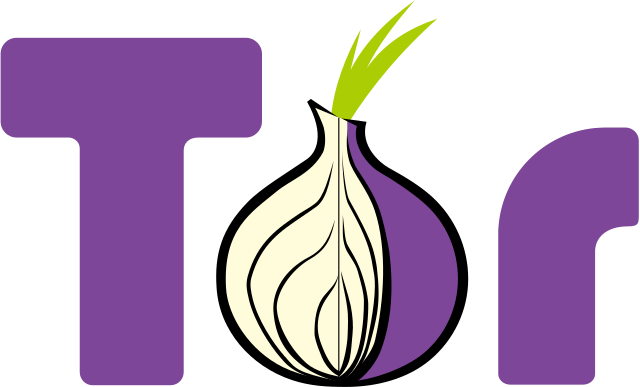What is File Sharing?

File sharing is the distribution of digital media and data files over a network, such as the Internet. It refers to the transmission of files from one computer to another through a network, typically without the consent of the copyright owner. File sharing can take place through peer-to-peer (P2P) networks, cloud sharing, or other transfer methods.
Peer-to-peer file sharing allows users to download and upload files directly from one computer to another. Instead of downloading files from a central server or website, users connect to others who have the same files they need. This type of file sharing was made popular with the introduction of Napster in 1999 which was the pioneer of P2P file sharing.
Cloud sharing, on the other hand, involves storing files on remote servers owned by service providers such as Dropbox, Google Drive, and Microsoft OneDrive. Users can then share files with others by providing them with access to a specific folder, link, or email invite. This is a popular method of file sharing, especially for collaborative projects.
File sharing can be legal, as in the case of open-source software and other materials that are available to the public with the consent of the copyright owner. However, file sharing is often associated with illegal activities such as the distribution of copyrighted materials, such as music, movies, and games, without the consent of the copyright owner.
Illegal file sharing is a violation of copyright laws, as it deprives copyright owners of their rightful earnings. To combat illegal file sharing, many countries have enacted laws to protect copyrighted works and punish infringers. For example, the Digital Millennium Copyright Act (DMCA) in the United States makes it illegal to circumvent digital rights management (DRM) technology, distribute copyrighted materials, or offer tools for infringing copyright works.
In conclusion, file sharing is the distribution of digital media and data files over a network. It can take place through peer-to-peer (P2P) networks, cloud sharing, or other transfer methods. While legal file sharing exists, illegal file sharing involves the distribution of copyrighted materials without the consent of the copyright owner, which can lead to legal action. It is important to respect copyrights and abide by copyright laws to ensure the protection of intellectual property.






